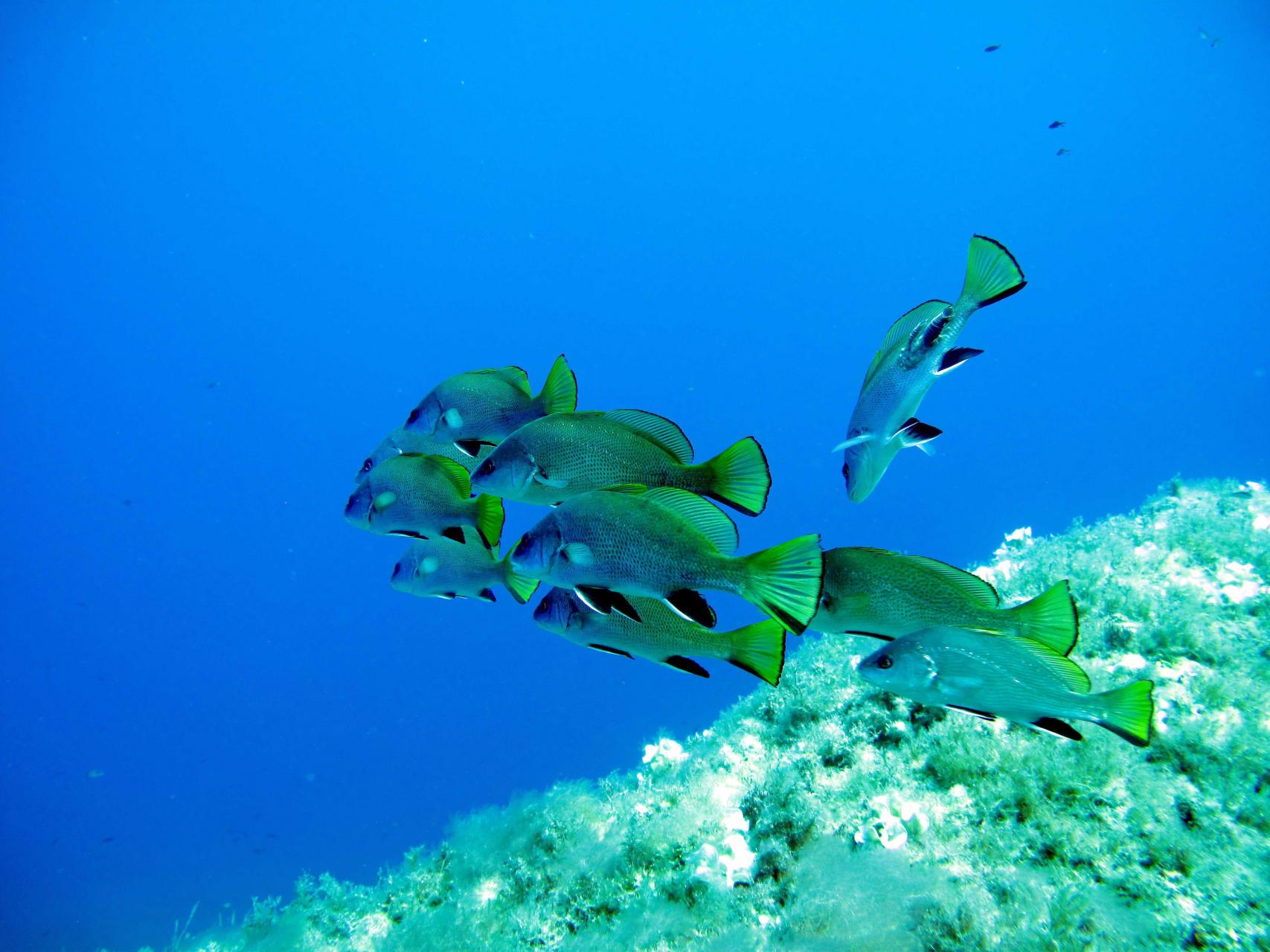Estimating the economic benefits that marine conservation brings to our economy and our society, and revealing the interdependencies that exist between a healthy marine environment and key sectors like tourism, fisheries or yachting, is essential to ensure our marine assets are properly protected. A healthy marine environment with its mix of diverse habitats and species provides us with multiple benefits, but if we erode this natural capital then the flow of services and goods that we obtain diminishes.

Natural capital accounting is a methodology that helps illustrate the links that exist between our natural environment and our economy. This is pretty evident for forests, fisheries and land. If we erode these resources, we can’t get timber, fish or crops. But it becomes a bit blurrier when it comes to coastal and marine environments as a whole.

In April 2020, shortly after the start of the pandemic, we initiated a pilot study to apply the Natural Capital Accounting methodology to one marine reserve in Mallorca which seeks to improve the effectiveness of Mediterranean MPAs (Marine Protected Areas) and is coordinated by our friends MedPAN from Marseille. The study was coordinated by Marilles together with consultancy firms Ecoacsa, the Balearic Centre for Applied Biology (CBBA) and Eftec a leading British consultancy for environmental economics.

The Marine Reserve of Cala Rajada-Llevant in Eastern Mallorca covers 11,000 hectares, of which 5,900 hectares are in waters managed by the Balearic government and 5,100 hectares in waters managed by the Spanish Government. It was established in 2007 at the request of the fishermen’s association of Cala Rajada to improve catch and economic performance of the small-scale fleet. At the time, there was strong opposition from the tourism and nautical sectors, even diving centres were against it. However, the results of our study not only show that the reserve is good for fishermen but that the main beneficiaries are in the tourism sector and those who most strongly opposed it. The study reveals that ecosystem services delivered by the mix of natural habitats and species present in the reserve amount to 4.8 million Euro per year, which is 10 times the amount we spend every year in the management of this marine protected area. In other words, ten euros of benefit for every euro invested.

Services related to recreational activities like tourism, diving or boat tours represent the largest share of the benefits, with 65% of the total (3.1 million), followed by regulation services such as prevention of coastal erosion (0.7 million) and maintenance of biodiversity (0.5million). Although the 7.4 tons of fish landed by the professional fishing fleet have a small economic value (EUR 129,646) in comparison to the overall benefits, the MPA has helped maintain key jobs in a sector that has been declining over the past decades.

In spite of the positive results, we must not forget that this reserve is not functioning at its optimal potential. With more funding and better management, the returns will be even higher. The paradox is that in spite of the benefits and outstanding returns we get from marine protected areas these are still massively underfunded. Previous research carried by Marilles estimates we need at least three times the amount of current funding.

Spain has committed to declaring at least 30% of the marine area as MPAs by 2030 and at least 10% under strict protection. Establishing a solid and well-funded network of marine protected areas must be a key part of the economic recovery in Spain. Having more and better marine protected areas will bring large benefits for to our economy and society and in particular to tourism and fishing, two strategic industries for Spain.
We hope the results of this study will contribute to more and better funding for MPAs and that it will be replicated across other Balearic Islands. For this reason, a methodological guide has been published. To learn more about this initiative please email us at: info@marilles.org








No comments
To be able to write a comment, you have to be registered and logged in
Currently there are no comments.